If you haven’t been living under a rock for the past 10 years, you must’ve at least heard about the serious issues our planet is facing. Some of them we even discussed at length on this very blog.
To put it simply – we know it’s bad and changes are necessary – that is IF we want the future generations of humanity to carry on living on Earth, according to scientists.
And even though nothing gets our imagination going quite as much as a dire vision of inevitable doom, there’s no reason to get overly dramatic.
Everyone knows that - when facing a problem, it’s crucial to do your best to keep your cool, gather as much data about the current state of affairs as possible, and then try to work things out methodically.
Unfortunately (as much as we’d love to), we won’t be able to solve all the biggest environmental issues with a single blog post. So, let’s instead focus on gathering the data – awareness can be a powerful weapon too.
We’ve heard a great deal about all these threats. Everyone could probably even name a few of them, but today, we decided to narrow it down to the 7 biggest and most pressing matters.
Fossil fuelling global warming
Climate change is probably one of the most frequently discussed and mentioned problems our planet is forced to face. There’s a good reason for it – it’s also arguably the biggest one.
It all happens because of the release of greenhouse gases into the atmosphere. These gases - like carbon dioxide, methane, nitrous oxide - trap heat from the sun, which means it cannot be released back into space, hence creating something we call a “greenhouse effect”.
Of course, these processes are far more complex than that but this simplification is plenty for our purposes.
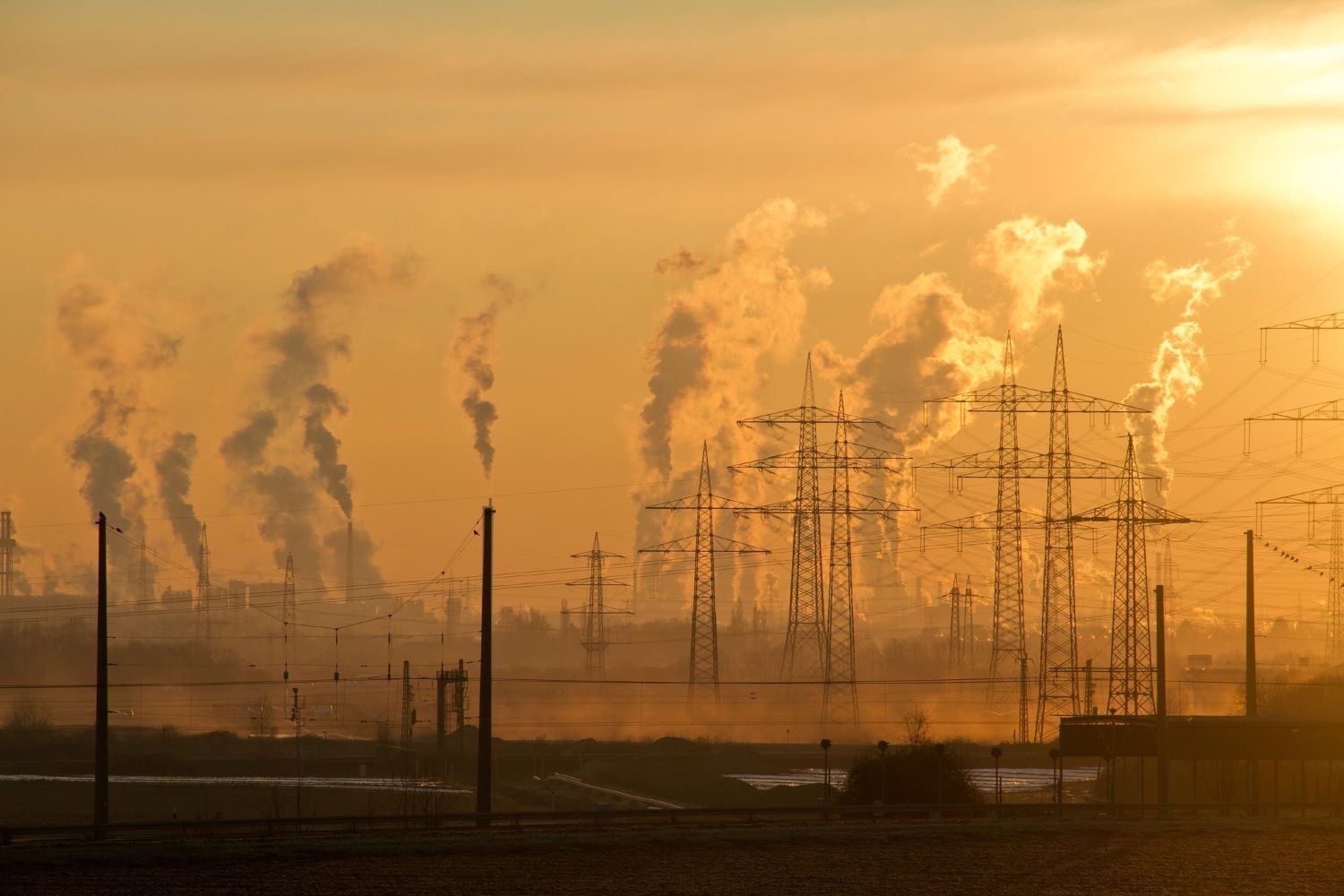
So, how do we even know it’s getting worse?
According to recent data from August 2023, the average global temperature increased by over 1°C compared to pre-industrial times (around 1880).
Moreover, the CO2 PPM, which stands for parts per million, is almost at 420.00 (419.76 ppm, to be exact). On top of that, human activities, like burning fossil fuels and deforestation, are the main drivers here.
Back to the issue at hand – so the global temperature is rising and…? Perhaps it doesn’t sound too serious, but in reality, it’s the reason behind some catastrophic events we witness around the world. What's causing wildfires, for instance? Well, this is one of the reasons. And there's more, like locust swarming in Africa, heatwaves in Antarctica, decimating crops, tropical storms, floods and hurricanes. All happening with unprecedented frequency.
It’s all connected, it’s just hard to see the dots at first.
Food waste
Did you know about 1.3 billion tonnes of food is wasted or lost around the world annually? We could literally feed about 3 billion people with that amount!
The issue of food waste is also adding to the issue of greenhouse gas – and quite substantially at that, generating about 8-10% of all global emissions. Let’s make a quick distinction here:
Food loss means any food disposed of along the food supply chain and not used for anything else, like animal feed.
And food waste means food thrown out by retailers, food service providers and consumers.

As we can clearly see, this actually happens at different stages of food production – from post-harvest and processing to retail and consumer waste.
Poor agricultural practices are bad enough, but perhaps they could be justified – at least to some extent.
Considering the first two mostly occur in developing countries, it’s understandable why cutting costs and using outdated and cheaper technology is somewhat a given.
The real issue is retail and consumer levels. A mind-numbing amount of food is thrown out in supermarkets just because it doesn’t look as good as the day before.
To put things into perspective - the EU alone generates about 88 million tonnes of food waste every year.
Biodiversity
The last 100 years have marked the biggest and most rapid growth recorded in human history.
We’ve developed new technologies, managed to elevate the standard of life, popularised cars and other vehicles, and came up with more efficient ways to build, manufacture and produce. Quite a century indeed.
But everything comes at a cost…
We needed (and still do, frankly speaking) resources. And we used them. A lot. So much and so intensely, in fact, they cannot be replenished naturally fast enough. And it’s not an exaggeration.
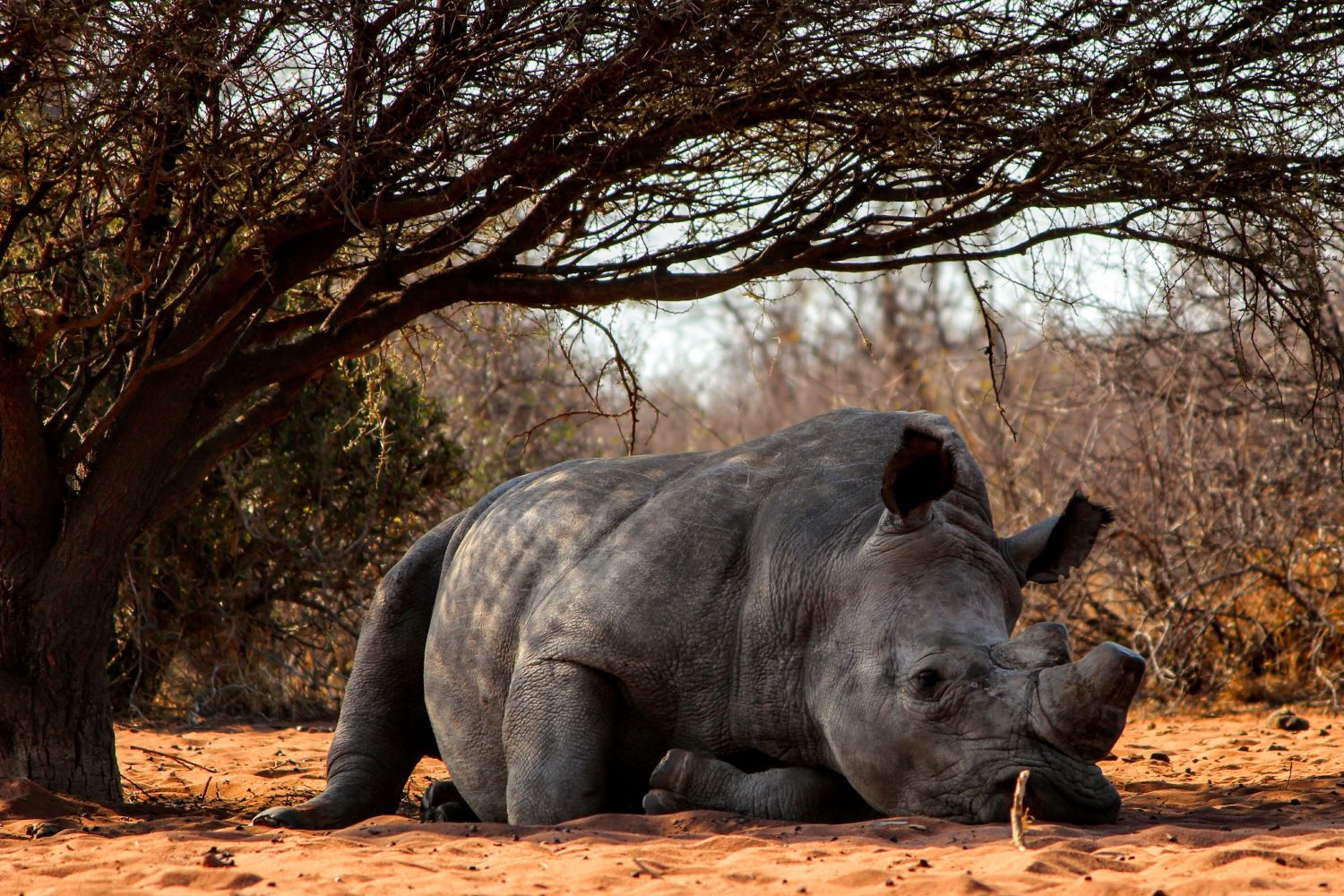
The Earth is literally unable to keep up with that pace. This has some serious consequences.
Because of the new demands, intensive land use, land pollution that follows, as well as other factors, the population size of different animals has decreased significantly.
Between the 70s and 2016, we saw an average decrease of 68%. According to estimates, 500 species are on the brink of extinction and will probably be completely gone in the next 20 years.
Deforestation
We’ve mentioned that one of the consequences of that rapid growth was resource depletion. That includes trees.
In fact, if we continue down this road and fail to find ways to stop deforestation, all of the trees might be completely wiped out in the next 100 years.
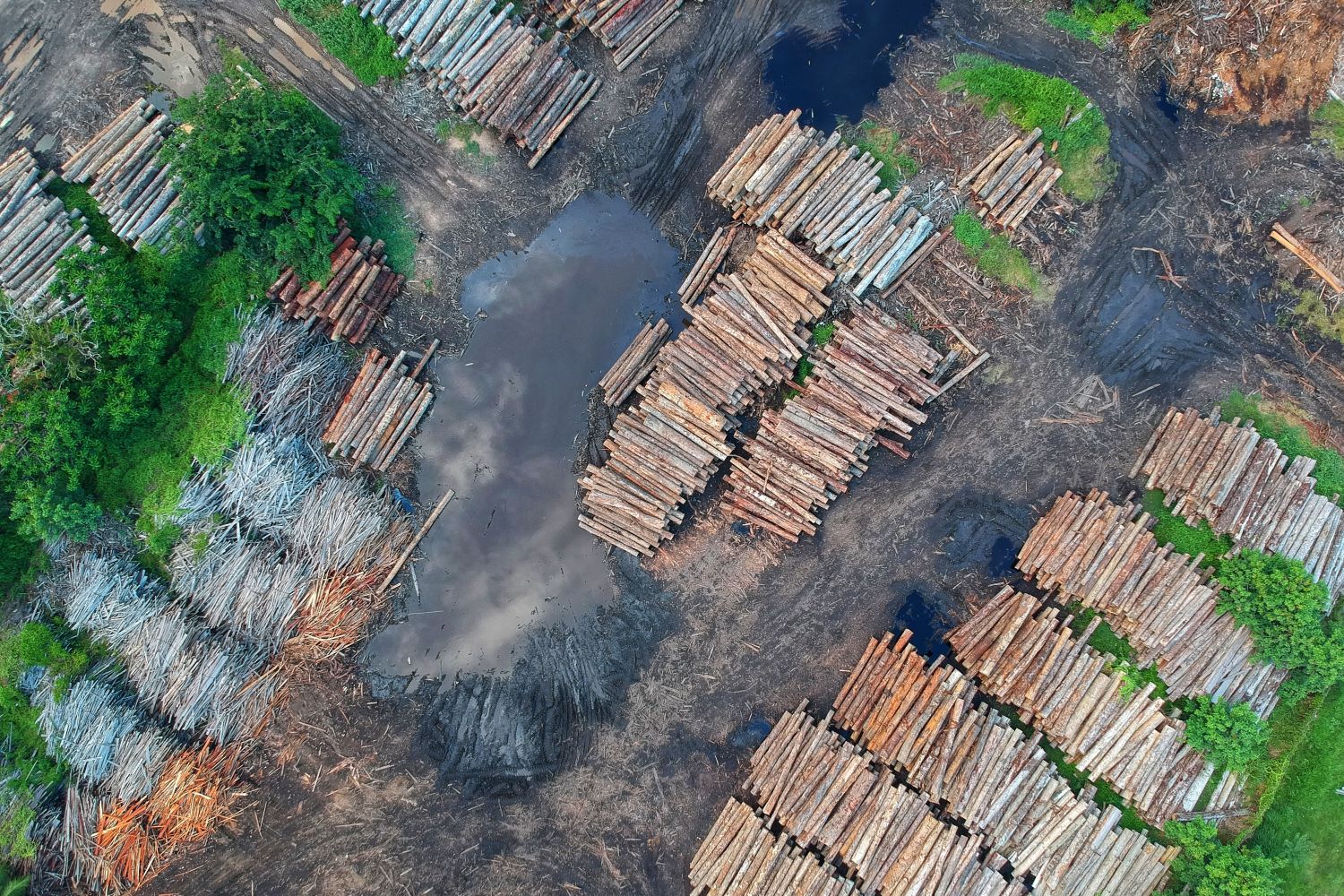
This issue is most prevalent in the country with the most abundant resources, like Brazil with its Amazon Rainforest – home to about 3 million various species of animals and plants.
Despite some efforts and new policies, the problem of both legal and illegal deforestation is still very much alive.
The best evidence is the scale alone – about 1.5 million hectares being cut down every year to make room for livestock farms, palm oil or sugar cane plantations. If the trees are disappearing at such a pace, could we run out of water as well? However unlikely, the risk is not worth it.
The issue of plastic waste
Did you know that plastic takes about 400 years to fully decompose?
That’s an exceptionally slow rate, especially if you think about how many plastic bottles of water you drink during your lifetime – because doesn’t matter how early you start, there’s no chance you’ll ever see even one of them fully go through this process. Maybe your great-great-grandchildren will.
It’s bad enough, but to make matters worse about 91% of all the plastic ever produced is not recycled.
And here’s the final straw – a nail to the coffin if you will.
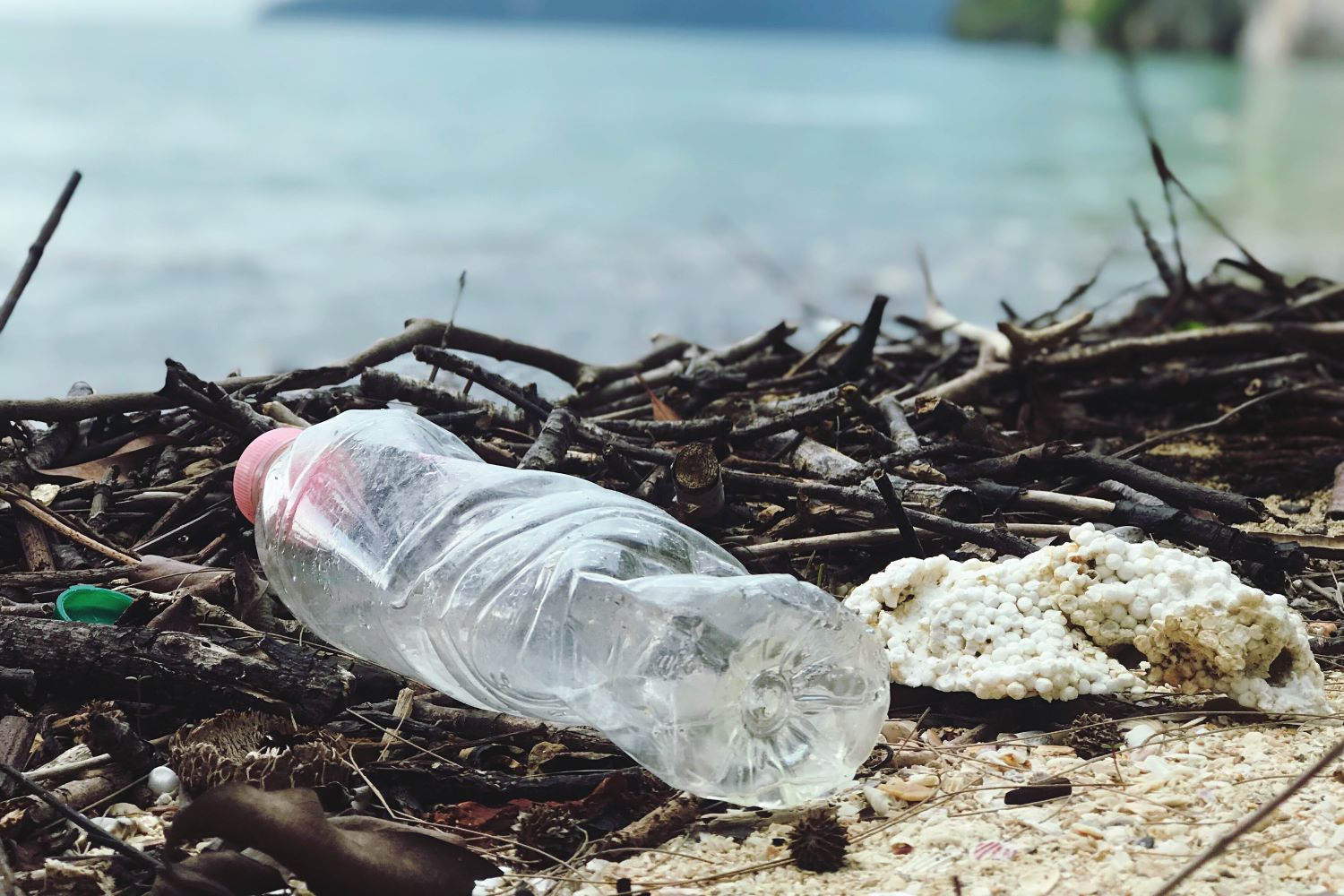
Back in 1950, we used to produce about 2 million tonnes of plastic a year, fast forward about 70 years and that amount jumps up to over 400 million.
As a regular person, developing a ground-breaking technology for plastic recycling might be a little out of anybody’s comfort zone.
But we can make better choices, practice waste segregation, invest in products that don’t use plastic packaging, like Misona’s line of bamboo towels or natural bath mat selection.
We should do everything we can, even if it seems insignificant. Reusable bottles, straws and bags, shopping locally – all of that helps, simply by not adding to the problem.
Air pollution
This has been officially deemed a global health crisis by WHO. Air pollution is now responsible for around 12% of deaths globally.
The pandemic probably had something to do with that, but the fact remains – data has been alarming for quite some now.
According to UNICEF, in 2017 alone, 258,000 people in Africa died of respiratory issues related to outdoor air pollution.
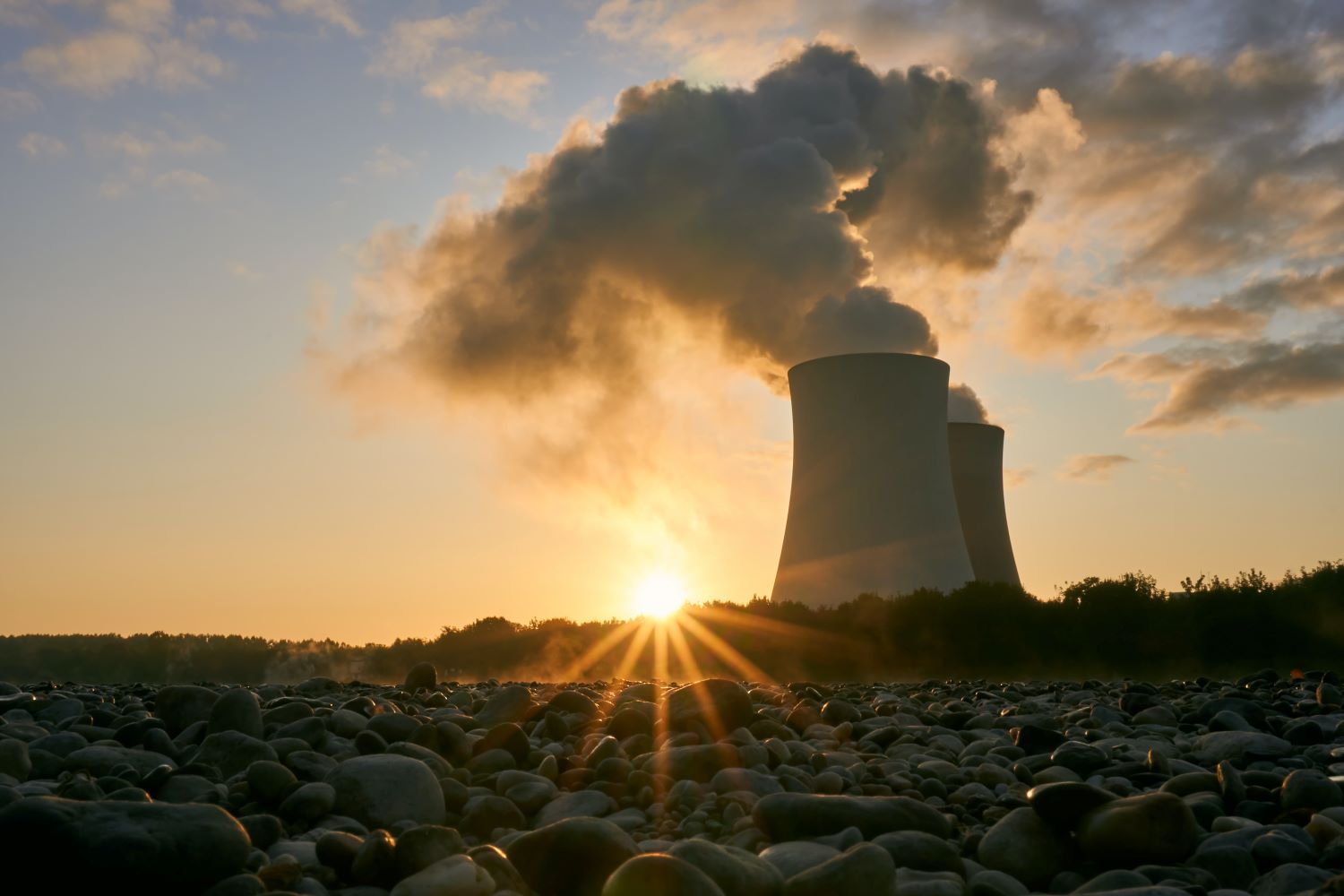
This issue is closely related to global warming – sort of a cause-and-effect relationship. That’s why the burning of fossil fuels remains a big factor. Agricultural practices, deforestation, and let’s not forget waste management.
Landfills are overflowing with waste – a toll of mass production. It might be the wake-up call to reduce the amount of things we buy, and when we do make a purchase - invest in quality and sustainable products.
Bamboo bath towels and T-shirts, metal straws, an absorbent bath mat instead of one made of polyester, reusable water bottles and containers.
Make no mistake - these micro-changes and small tweaks in our habits can lead to truly big things. We all need to do what we can to fight poor air quality.
Ocean acidification
Here’s another issue caused by the rising temperature around the world. Turns out, it’s not only the surface that is affected, surprising as it may sound.
It’s not really common knowledge, but oceans are responsible for absorbing about 30% of all carbon dioxide emissions. With more emissions - also fuelled by production, growing deforestation and wildfires – it’s becoming a bit overwhelming to effectively deal with that.
As a result of this rather unfortunate phenomenon, the pH of the waters around the globe is affected.
When it comes to oceans, even the slightest change can have devastating and absolutely catastrophic repercussions, especially for marine life and ecosystems.
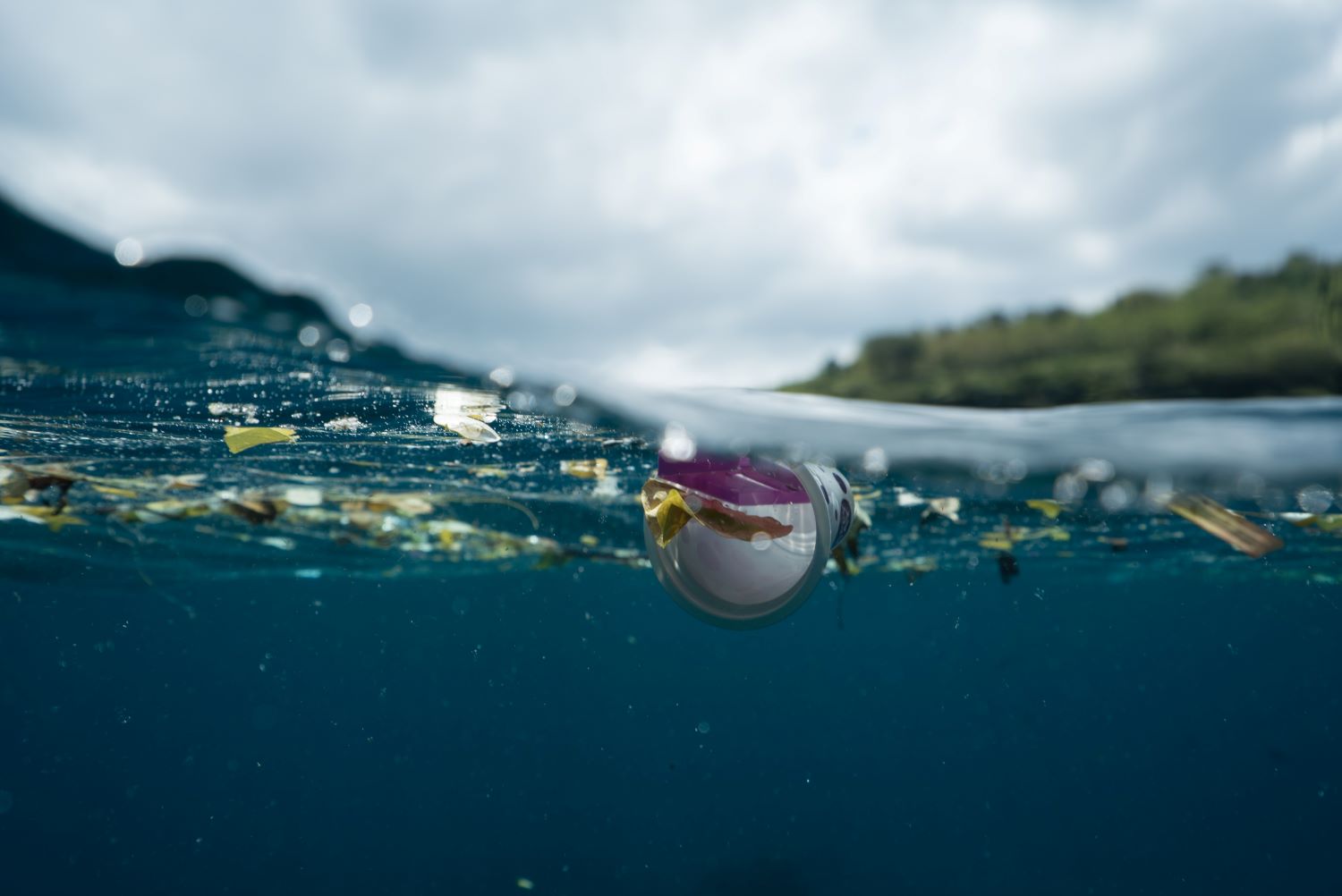
Let’s take oysters as an example - if the pH drops to a certain level, they can even completely dissolve.
The worst thing, however, is what it does to coral reefs, which are already in a dire situation.
Algae, which are responsible for the beautiful and stunning colours of reefs, are basically driven away from their homes when the water temperature is rising. This causes coral bleaching and the ultimate destruction.
Let’s also not forget that alarming amounts of plastic also end up in the oceans, which most likely adds to the increasing acidification rate. Water pollution is a big issue that we all need to be aware of. Saving the oceans is a crucial mission for the well-being of our planet.
Our planet is worth fighting for
In the environment and in life, it’s never about a single, separate issue.
Unfortunately, more often than not, one gives rise to another – and the vicious cycle continues.
The silver lining is, since they’re all connected, taking care of one may help in battling the other as a result.
After all, that chain reaction has to go both ways, doesn’t it?











